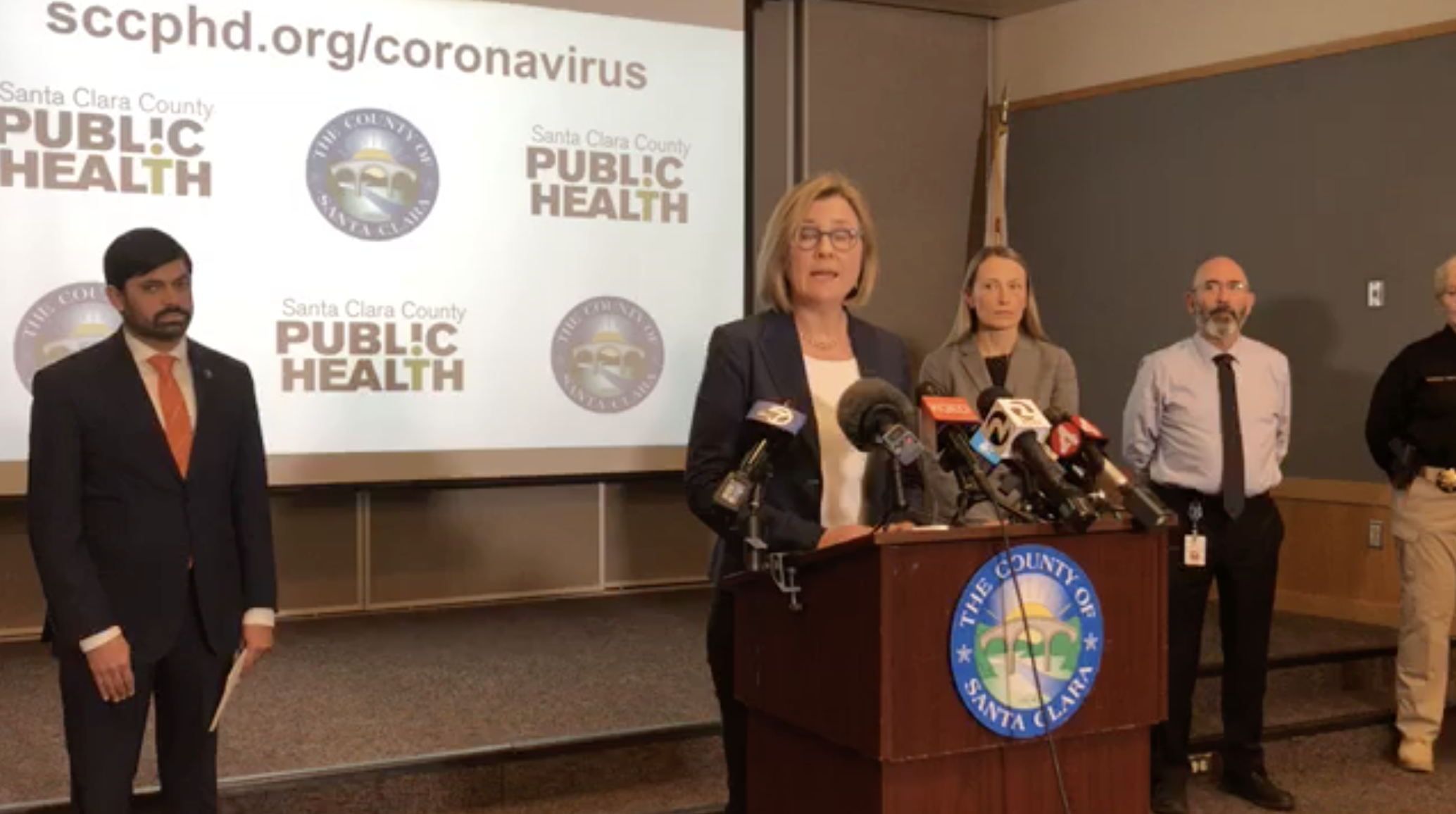A Santa Clara County order banning gatherings of over 100 people and imposing restrictions on gatherings of over 35 people will “very likely” affect the University’s plans for undergraduate students, wrote Vice Provost for Student Affairs Susie Brubaker-Cole in an email to undergraduate students on Friday afternoon.
“We are giving careful consideration to these issues and will be in touch with you later today with additional information,” Brubaker-Cole wrote.
The new restrictions could mean that “Stanford will not be able to run its cafeterias,” Stanford in New York Program Director Rosina Miller wrote in an email to students in the program.
She encouraged them to make their travel plans home and not to Stanford’s campus, interpreting the county’s announcement to mean that the restrictions could affect the number of undergraduates who will be able to stay on campus during the spring.
“This is changing drastically the number of students who may be able to get an exception to return to campus,” Miller wrote. “I don’t know what the criteria will be, but there will certainly only be a very small number of students permitted to stay on campus.”
The public health department’s Friday announcement — which also closes county schools — comes as the number of confirmed cases in Santa Clara County climbs to 79, a threefold increase over the last week. Of those, 43 are caused by community transmission, meaning that they are not linked to travel or direct ties to a known case. Thirty-seven people have been hospitalized with the virus.
“Based on these data and patterns of disease that we see around the world, we know that the outbreak of COVID-19 in our county will continue to accelerate, and we anticipate many, many more cases in the days and weeks to come,” said public health director Sara Cody in a press conference.
The new ban on public or private gatherings of more than 100 people, effective at midnight on Saturday, is exponentially lower than one enacted earlier this week prohibiting gatherings of more than 1,000 people.
Gatherings of 35 to 100 people will also be banned unless organizers implement specific health measures to reduce the risk of transmission, including preventing anyone who is at sick or at “higher risk for serious illness” from attending and providing “enough physical space so that [people] can stay more than arm’s length apart from others,” according to the press release.
Organizers are also instructed to provide hand-washing supplies and wipe down surfaces before, during and after the event.
A gathering is defined as “any event or convening that brings together people in a single room or a single space at the same time,” including meeting halls, cafeterias and restaurants, Cody said.
The University has not confirmed how the order will affect Stanford’s dining halls and dorm common areas, which remain open as the University hosts students unable to return home after Stanford announced a move to online spring courses last week. Yesterday, Stanford banned all University events larger than 50 people though May 15, down from the original threshold of 150 people.
“We are currently evaluating this order and what it means for Stanford,” Brubaker-Cole wrote.
Public schools in Santa Clara County will be closed to student attendance for at least three weeks beginning on March 16.
The County Office of Education “expect[s] schools to do all they can” to continue providing academic instruction, as well as free and reduced-price meals to eligible students, according to an online statement.
“Because we hope to slow the spread of COVID-19 and “flatten the curve” of transmission in our community to not overwhelm healthcare facilities, COVID-19 may be present in our community for months to come,” the press release reads. “We urge schools to get plans in place quickly to operate in a manner that complies with all applicable public health guidance, so that they can reopen as soon as they are able to do so.”
This article has been updated to include information from an email from Stanford in New York Program Director Rosina Miller.
This article has been updated to clarify that Miller’s email was based on her interpretations of the Santa Clara County public health department’s announcement.
Contact Daniel Wu at dwu21 ‘at’ stanford.edu.
